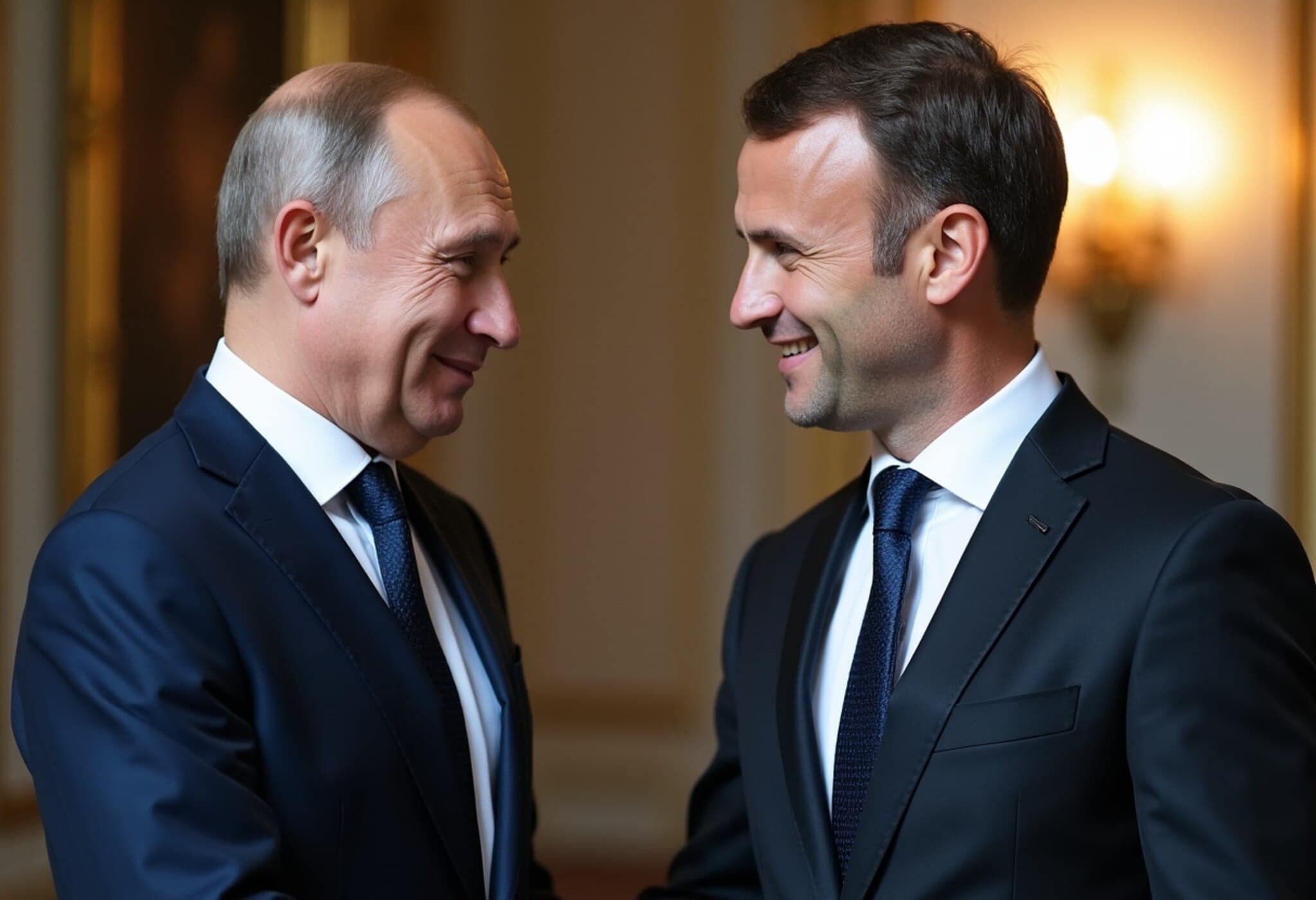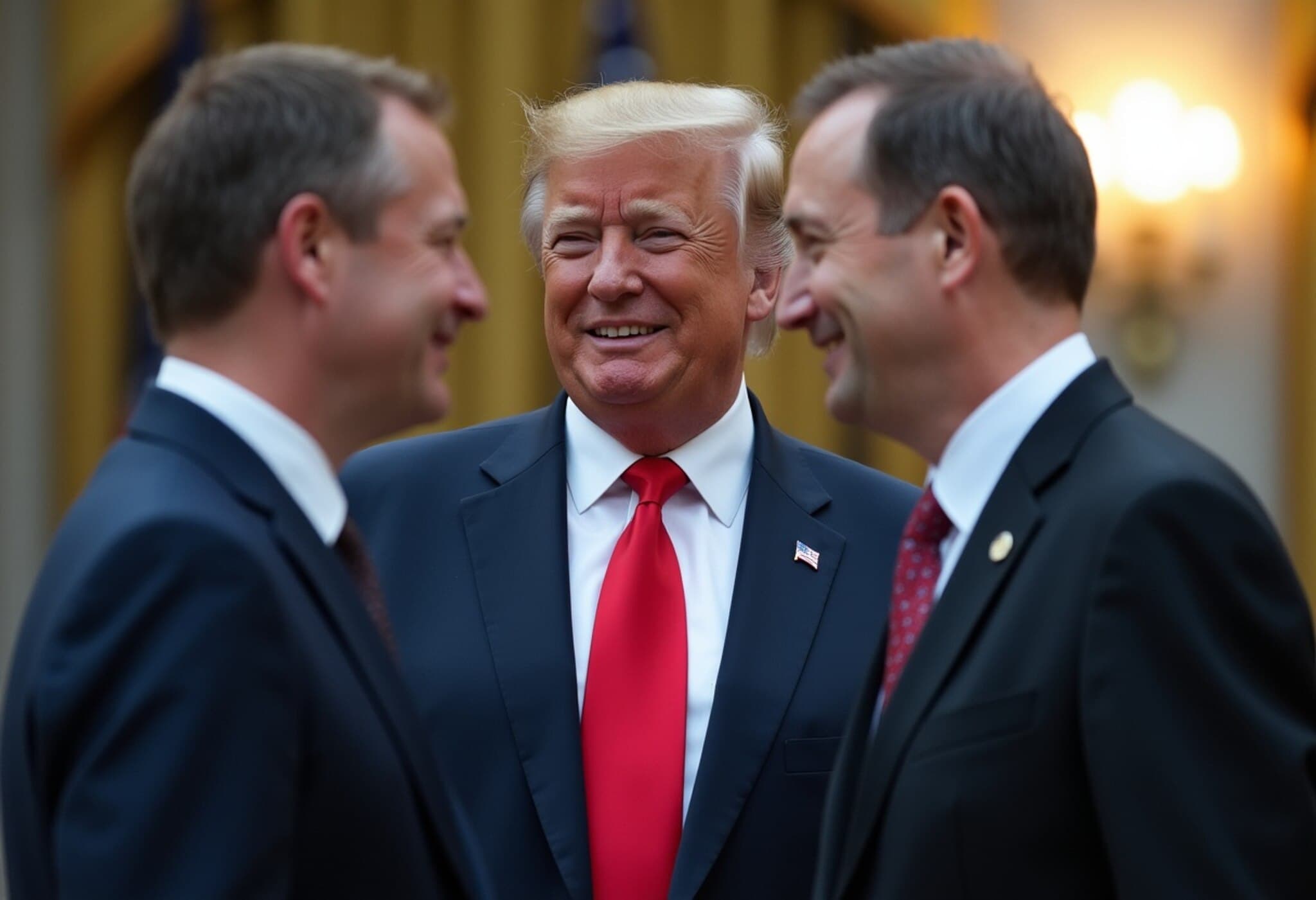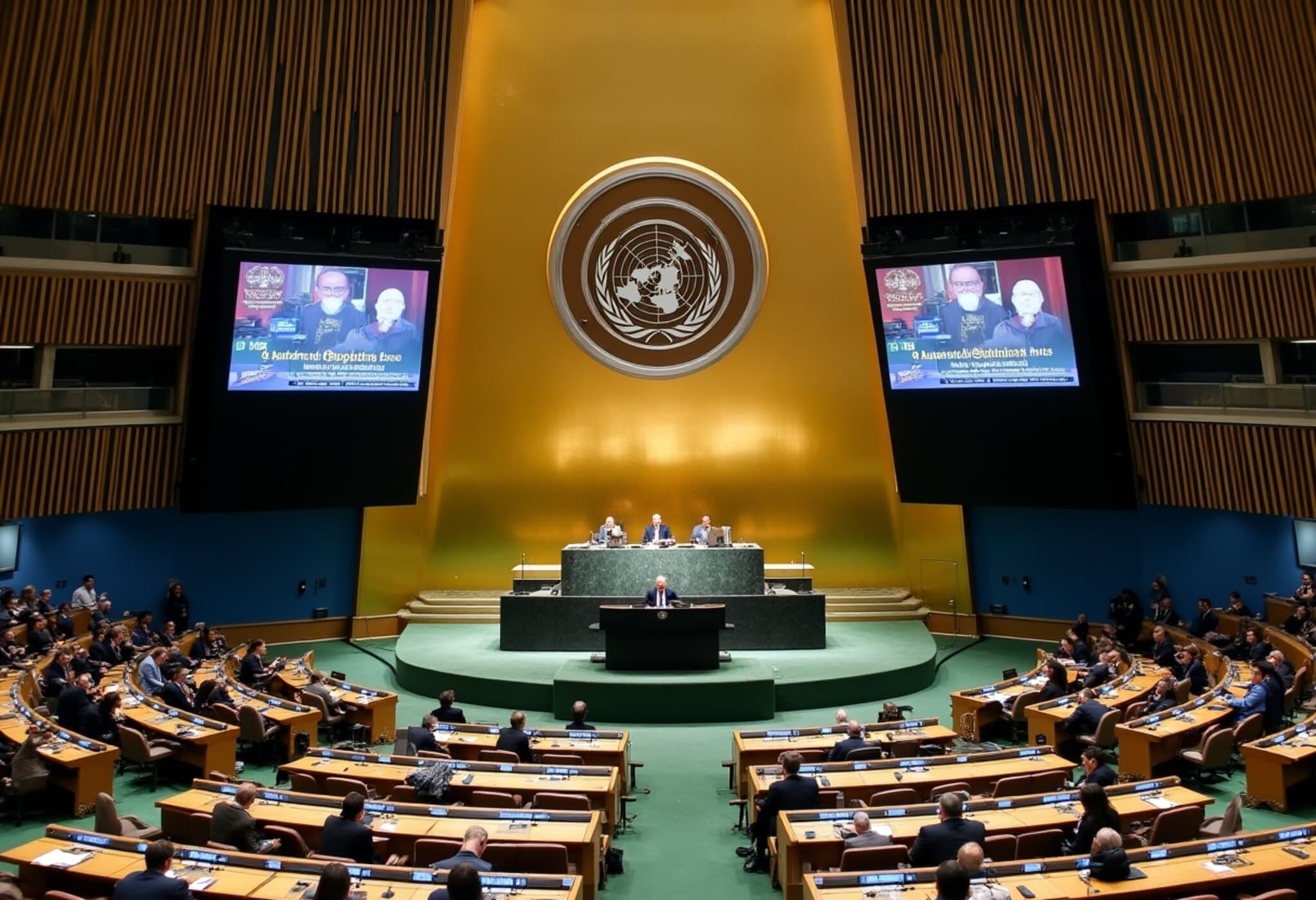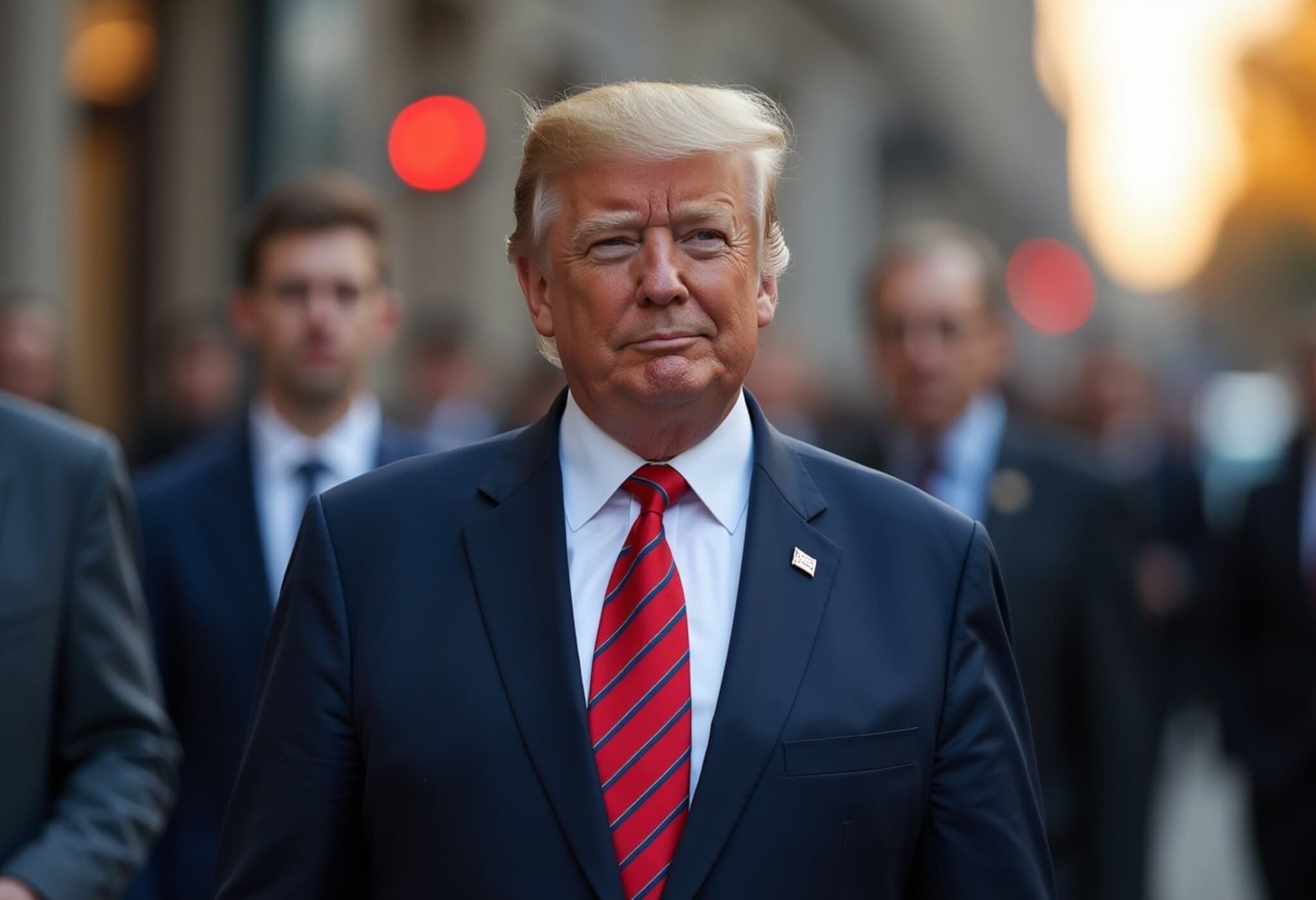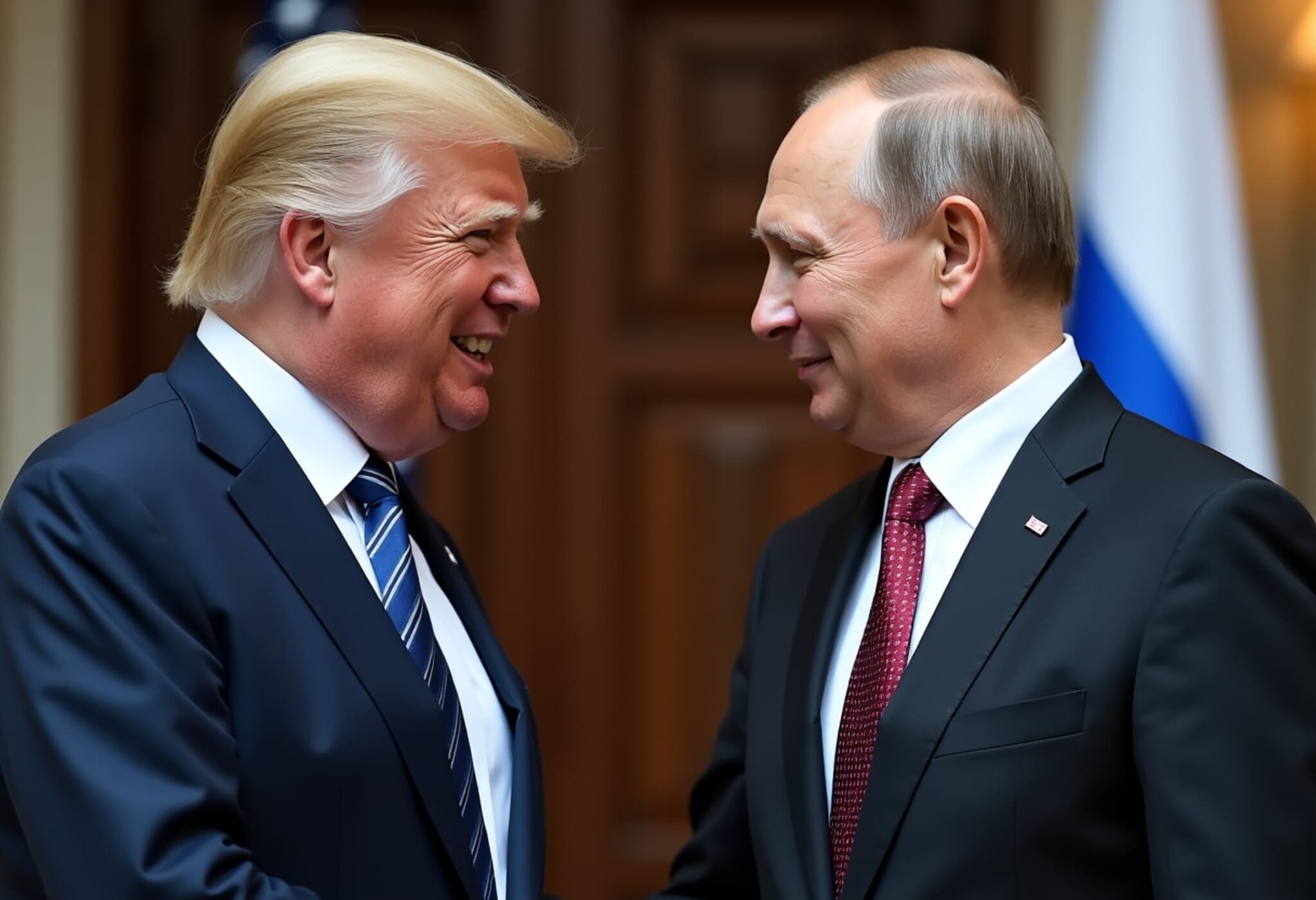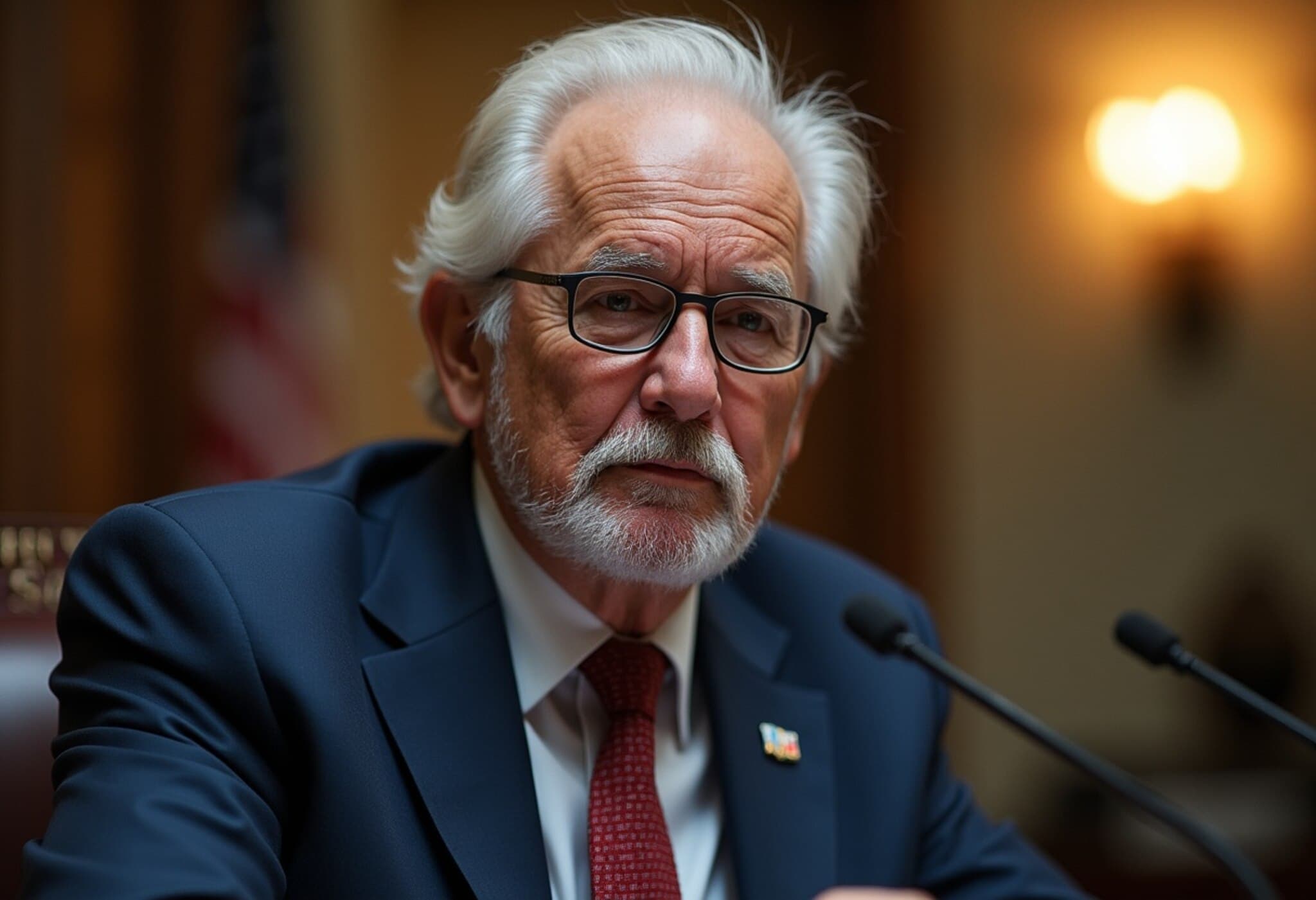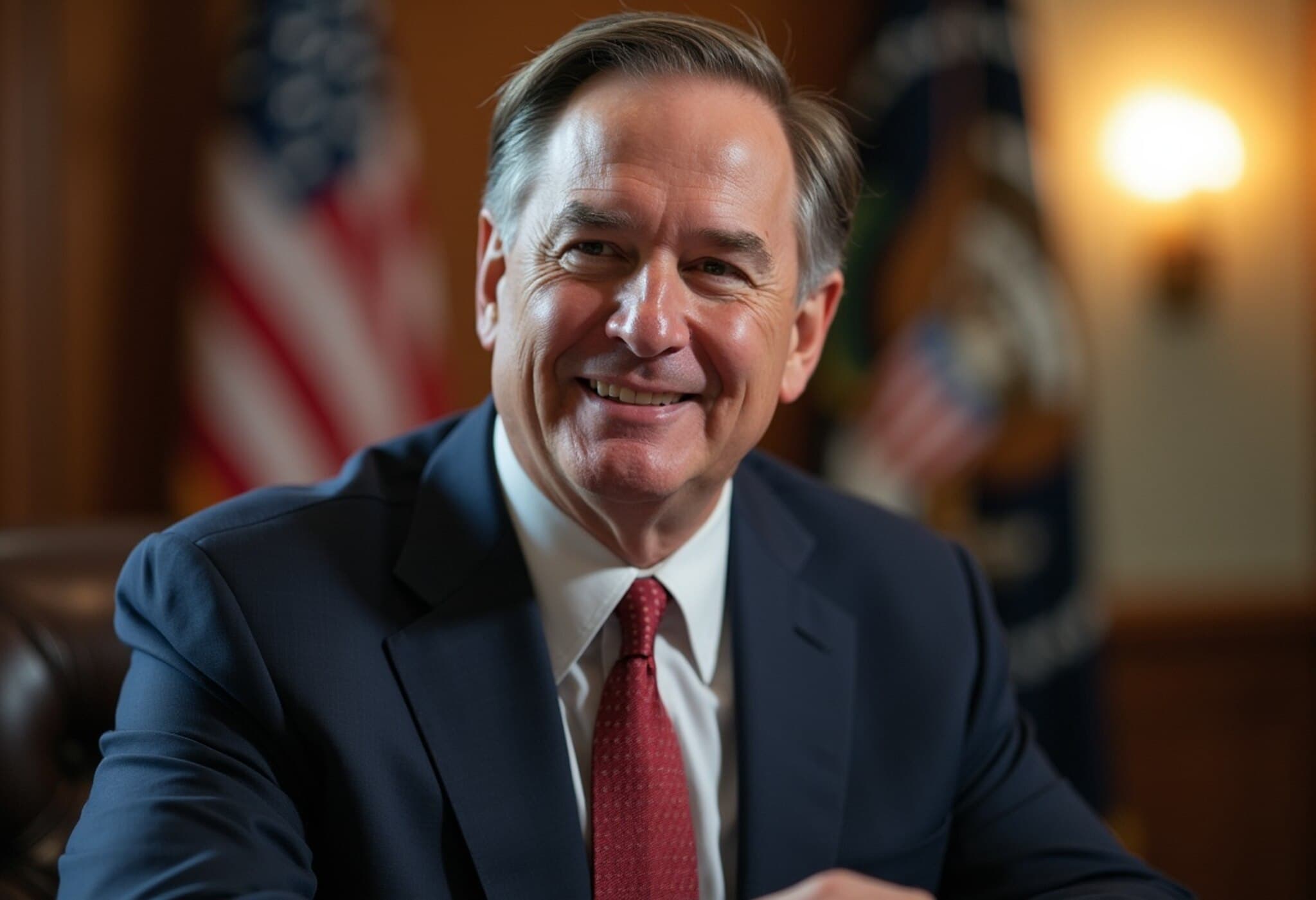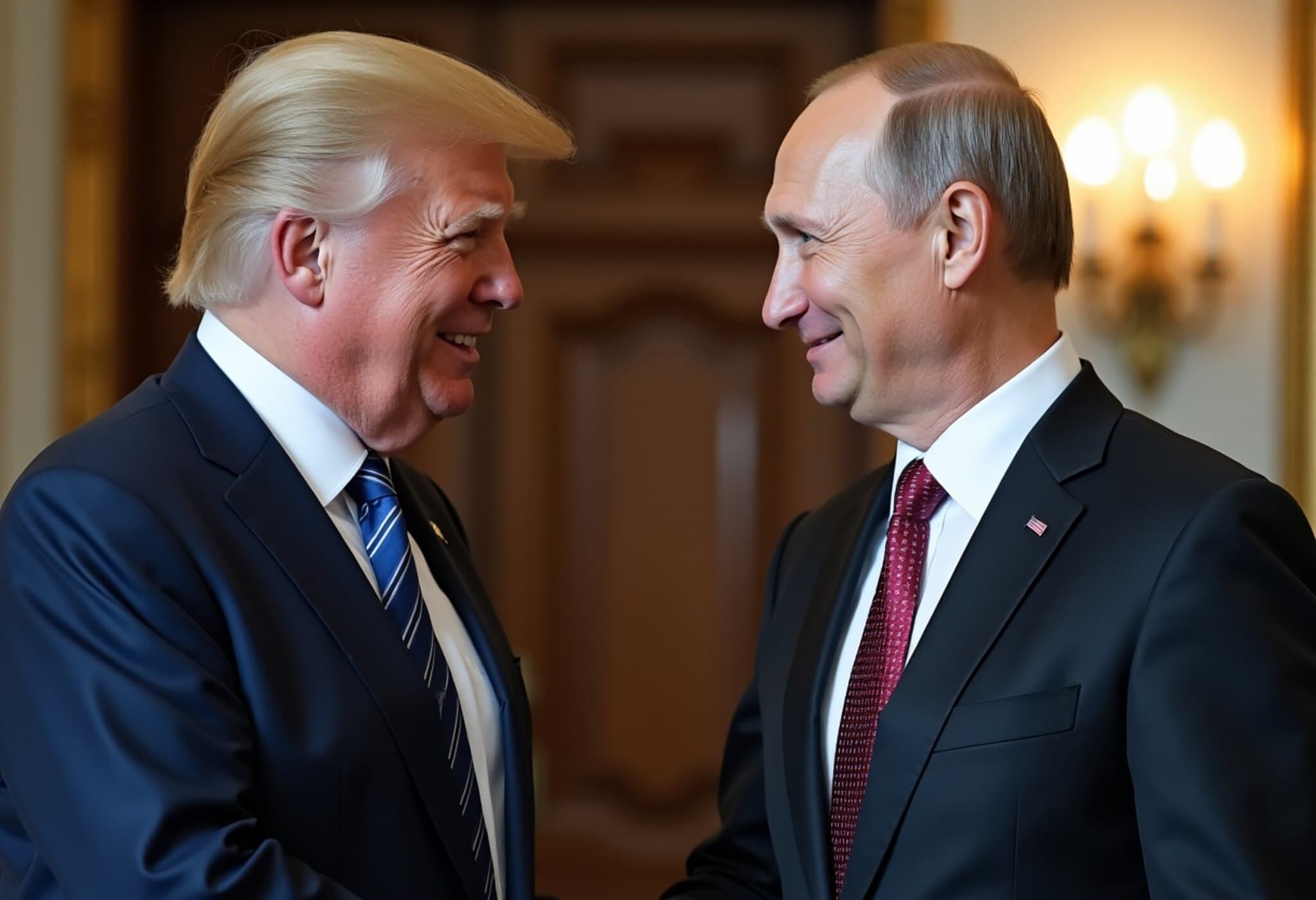Switzerland and Austria Step Forward as Potential Hosts for Putin-Zelensky Peace Talks
In a notable diplomatic gesture, Switzerland and Austria have expressed willingness to host a peace summit between Russian President Vladimir Putin and Ukrainian President Volodymyr Zelensky. This development follows French President Emmanuel Macron’s recent suggestion to hold such talks in a neutral European country, potentially Switzerland.
Macron Advocates for Geneva as a Peace Venue
During an interview on the French news channel LCI, President Macron highlighted the importance of convening peace negotiations in a neutral place, proposing Geneva to serve as the meeting ground. His endorsement adds momentum to Switzerland’s potential role as a mediator in the ongoing conflict.
Switzerland's Conditional Invitation Amid ICC Arrest Warrant
Swiss Foreign Minister Ignazio Cassis clarified Switzerland’s position, emphasizing that President Putin could legally enter Swiss territory if attending peace talks — despite the International Criminal Court’s (ICC) international arrest warrant against him. Cassis explained:
“Last year, the Swiss government set clear rules granting immunity to individuals under international arrest warrants, but only for the strict purpose of participating in peace conferences, not for private visits.”
Switzerland, known for its historical neutrality and diplomatic expertise, has positioned itself as prepared and capable of facilitating such sensitive negotiations.
However, Cassis admitted that strained relations with Russia remain, following Switzerland’s alignment with EU sanctions after Moscow’s full-scale invasion of Ukraine in 2022.
Austria Offers Vienna as a Historic Dialogue Hub
Austria, similarly, expressed openness to hosting the summit. Chancellor Christian Stocker confirmed that should Putin travel to Austria for peace discussions, the government would coordinate with the ICC to enable his attendance legally. Stocker highlighted Vienna's legacy as a center for diplomatic engagement:
“With an enduring tradition of hosting international organizations, Vienna stands ready to welcome and foster dialogue for peace.”> Austria's balancing act is notable: as an EU member that is not part of NATO, it has historically maintained closer ties with Russia, though relations have cooled since the Ukraine invasion.
International Legal and Political Implications
- ICC Arrest Warrant: The ICC accuses Putin of war crimes, specifically the unlawful deportation of Ukrainian children, complicating his ability to travel internationally without facing arrest.
- Swiss Legal Framework: Switzerland has established protocols to allow exceptions to international arrest warrants but only in very circumscribed circumstances such as peace negotiations.
- Diplomatic Complexity: Hosting Putin poses legal and political challenges, balancing the pursuit of peace with adherence to international law and existing sanctions.
Contextualizing the Offer Amid Ongoing Conflict
The last substantial face-to-face talks between Russia and Ukraine occurred in Istanbul, Turkey—a NATO member not party to the ICC—making the offer by Switzerland and Austria particularly significant. Both countries' readiness reflects a broader European aspiration to rejuvenate dialogue and possibly end a conflict that has had profound geopolitical and humanitarian consequences.
Switzerland recently allowed high-level Russian parliamentary speakers to attend a gathering on its soil despite international sanctions, demonstrating a pragmatic approach to diplomacy amid tension.
Expert Insight: The Tightrope Between Law and Diplomacy
Bringing President Putin to the negotiation table in Europe requires navigating a delicate interplay between sovereignty, international legal obligations, and political pragmatism. Legal experts observe that Switzerland’s precedent for immunity in peace talks could serve as a vital model for other neutral countries seeking to facilitate conflict resolution without undermining international justice.
At the same time, political analysts caution that any peace summit must address not only ceasefire arrangements but also accountability, reparations, and the broader security architecture in Eastern Europe.
Looking Forward: What Peace Talks Could Mean
Should these peace talks materialize in Switzerland or Austria, they could mark a pivotal moment in the Ukraine conflict. The symbolic choice of location—a neutral and diplomatic hub—may foster an environment conducive to dialogue and compromise.
However, fundamental challenges remain:
- Reconciling legal constraints posed by the ICC warrant with practical diplomatic imperatives.
- Ensuring genuine commitment from all parties to the negotiation process.
- Managing geopolitical reactions, especially from other European and NATO countries.
The coming weeks will be critical to see if these overtures come to fruition or remain aspirational amid ongoing hostilities.
Editor's Note
Switzerland and Austria’s willingness to host peace talks underscores the enduring power of diplomacy in even the most fraught conflicts. It also raises pressing questions about how the international community balances justice and peace.
Can neutral grounds and legal exceptions pave the way for meaningful dialogue without compromising accountability? This evolving story invites reflection on the limits and possibilities of international diplomacy today.

